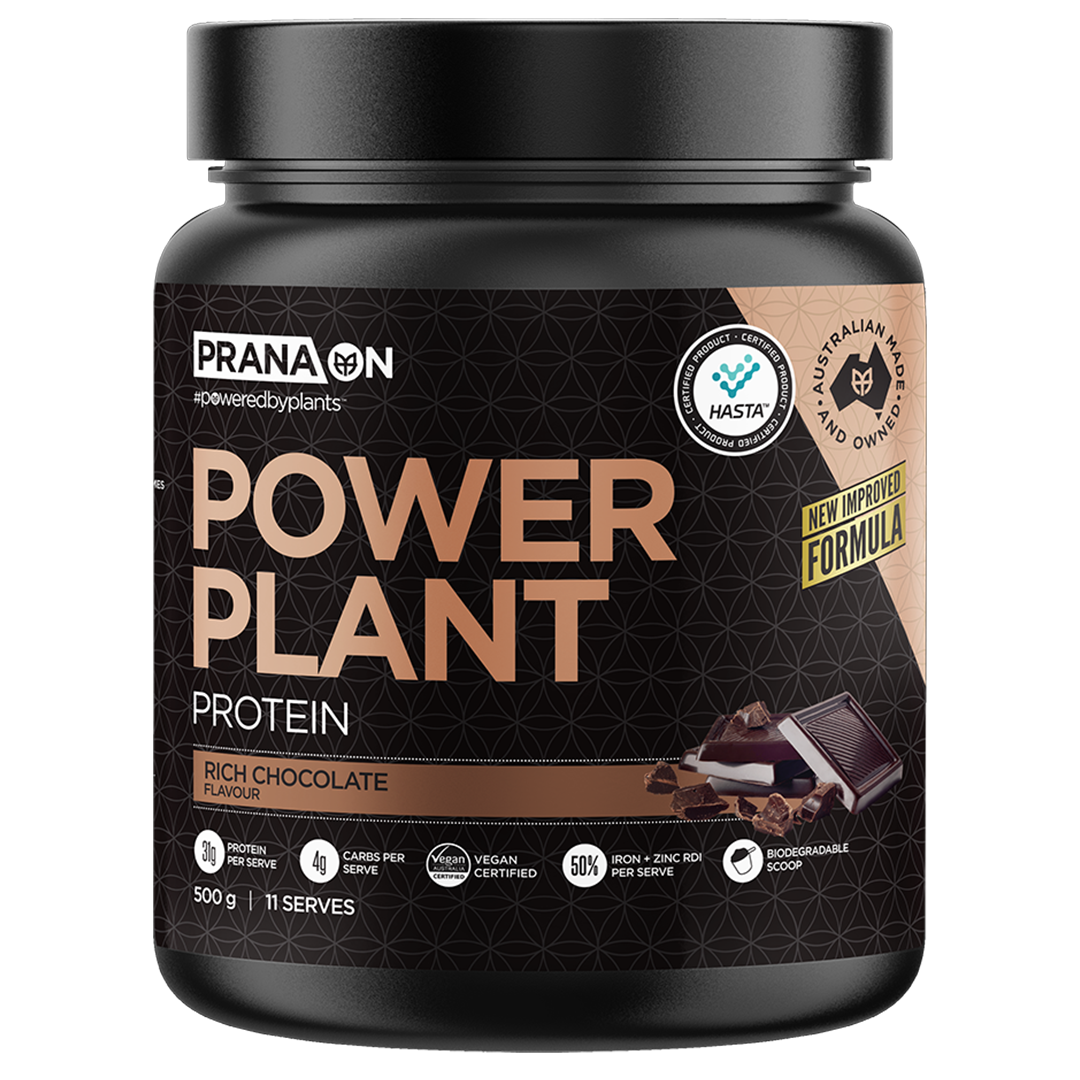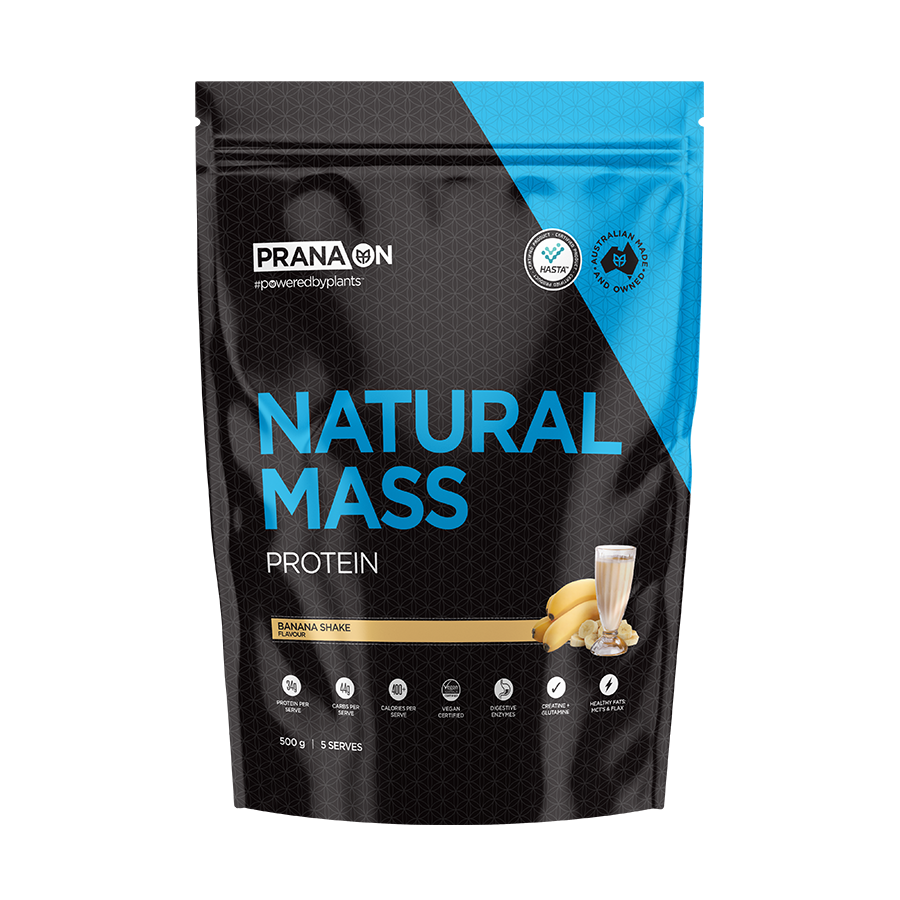Intermittent fasting as seen by an Exercise Nutritionist and Dietitian
There’s no doubt Intermittent Fasting is a hot topic at the moment. It seems you can’t scroll through any health influencer’s socials without seeing the words! But is it suitable for you and your health and fitness goals? Read on to explore intermittent fasting as seen by Exercise Nutritionist and Dietitian Claudia Cramer.
So what is Intermittent Fasting?
Did you know intermittent fasting itself is something that we actually practice on a daily basis? When we go to sleep, and have our eight hours of unbroken sleep (or thereabouts), we are not consuming any food and therefore already intermittently fasting.
Common ways to intermittently fast
A popular way to intermittently fast is to extend the window of not eating from sleep until well into the day. People may have their first meal of the day a bit later that a usual breakfast, such as lunchtime. Other ways to intermittently fast is to restrict food intake on one or several days of the week. The popular ‘5:2’ diet displays this via having 2 days in the week of eating in a calorie deficit (~500 calories), and ‘normal eating’ on the other 5 days. Other people may choose to have an entire day of very low calories (or none at all).
Why would anyone intermittently fast?
Intermittent Fasting is a tool, which can be useful if someone is in a dieting, or in a fat loss phase. By reducing the window of opportunity to eat, and also the frequency of meals, i.e. having your first meal later in the day, you are more than likely reducing your overall calories for the day. This should theoretically put you into a calorie deficit, which is one very important factor when looking at fat loss. Some people use intermittent fasting as a tool to be able to decrease their overall calorie intake for the day.
Others use it for different reasons, such as religious events like Ramadan or even for digestive health benefits. Fasting would allow the digestive system to have a break from the on-going work of digesting.
Potential reasons not to intermittently fast
There are certain situations that you might not want to intermittently fast. If you are a performance athlete or if you are aiming to gain muscle (in a muscle gain phase) the goal is to be eating in a calorie surplus. This ultimately means that we need to be eating more than maintenance. Maintenance calories basically refer to what we need to consume to maintain our weight. The reason that this might be challenging or not recommended, is because when we are in a calorie surplus, it can be an effort to consume all of the meals needed to be in that calorie surplus. If you are reducing your opportunity to eat, then this might be physically tough to try and consume this many calories in a restricted window.
And similarly with performance athletes, the energy requirements are quite high. For example, if you are an endurance performance athlete or a marathon runner, then your energy requirements are going to be higher, especially your carbohydrate requirements. And if you are reducing your availability of food and time to eat, as in, for example not having breakfast, this might lower your overall daily calorie intake, simply because you’re not giving yourself enough time to hit those targets.
Additionally, this might not be ideal for morning training, as you may not be eating prior to training, and it can be beneficial to eat prior to strength training to fuel your muscles.
Taking performance out of the equation, if you have suffered from disordered eating patterns or anxiety around food, restricting your food via intermittently fasting might not be advantageous for you and your behaviour around food.
Is it for you?
As mentioned previously, Intermittent Fasting it is a tool which can be used to put you into a calorie deficit if need be for your fat loss campaign. It may not be ideal if your goal is muscle gain or strength based as you are decreasing your window to eat and might not be able to meet your overall calorie targets. There are many ways to do it, and ultimately it is up to you if you choose to implement it into your lifestyle.




Leave a comment